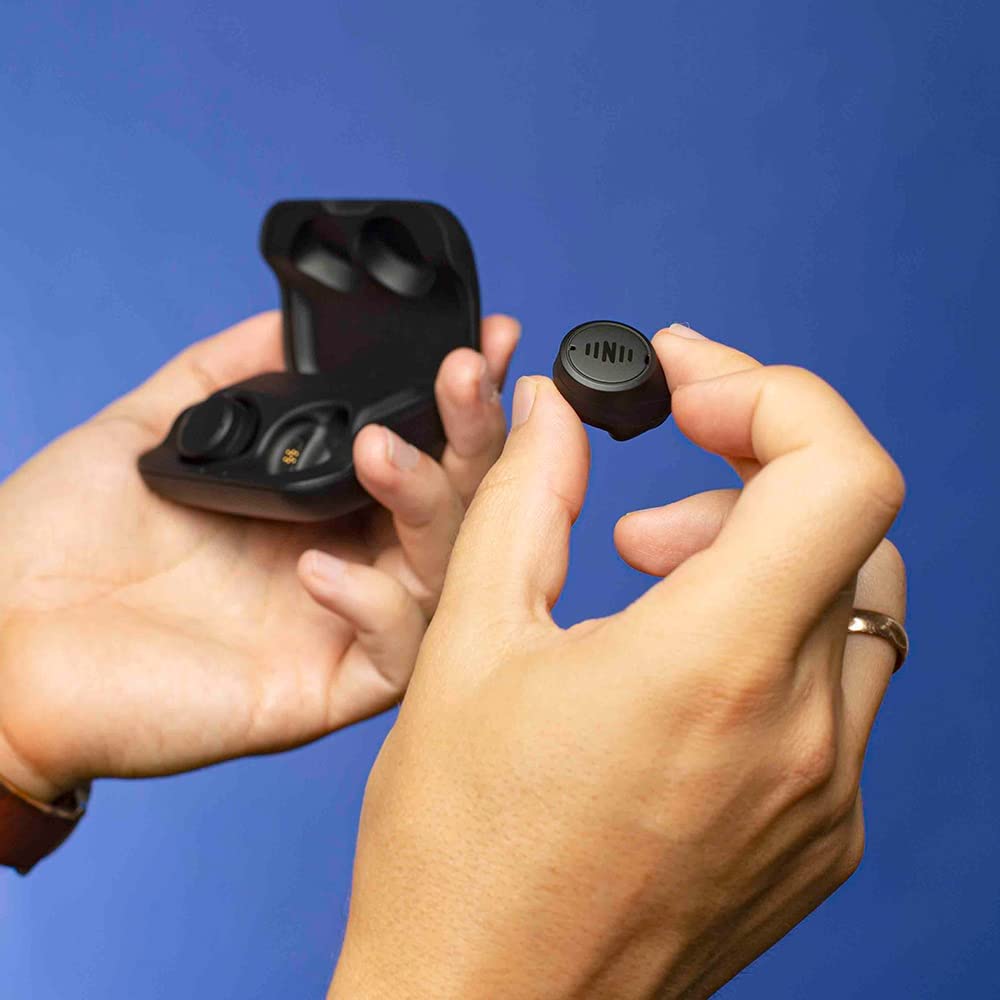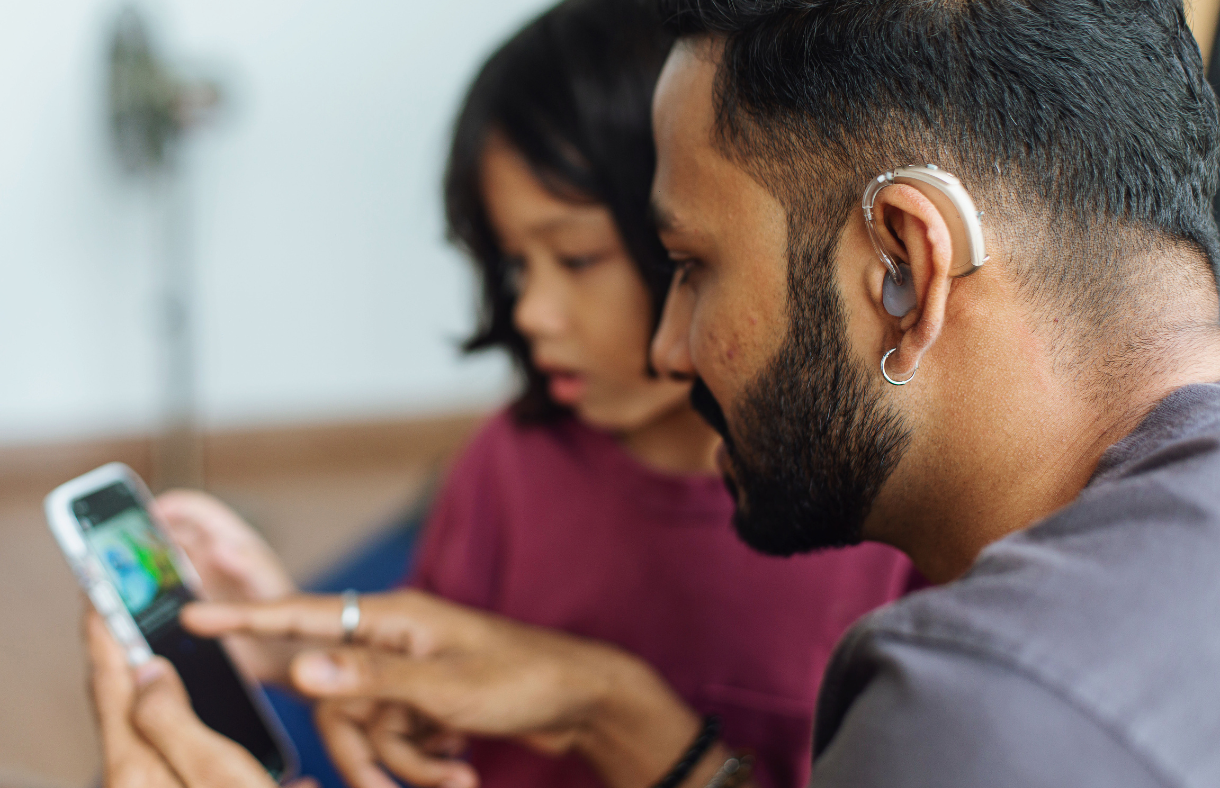Hearing loss is worse than an inconvenience: its side effects include social isolation, increased vulnerability to depression, and increased risk of injury. Not to mention higher stress and frustration levels, especially when dealing with people who dismiss the struggle with, “You just need to pay more attention/learn to lipread/get a hearing aid.”
Hearing aids can be helpful, but finding the right one is rarely simple—or inexpensive.


Hearing Aids 101
It’s worth noting right off that hearing aids primarily “turn up the volume” on the outside world, and are less-than-perfect replacements for natural hearing ability. “Ideal” hearing can detect and instantly comprehend sounds in a wide range of volumes and pitches, while simultaneously screening “important” sounds from “background noise.” That’s a tall order for even the best assistive-technology designers.
Cost is a simpler hurdle, but still a formidable one. Surprisingly, hearing aids are rarely covered by Medicare, even though over 25 percent of the age-65-and-up demographic has some level of hearing disability. (The argument, echoed by many private insurers, is that hearing loss is not a serious medical issue unless it involves a diagnosed medical condition.) So, many people have long been forced to do without or invest several thousand of their own dollars.
OTC Hearing Aids vs. Prescription Aids
In 2022, the U.S. Food and Drug Administration took one step toward solving the cost problem, by approving over-the-counter (OTC) hearing aids. Now, people with mild to moderate hearing loss can skip the expense and time of formal medical prescriptions, and buy their hearing aids at the neighborhood pharmacy.
Besides costing less, how do OTC aids differ from prescription aids?
- OTC aids are not for severe hearing loss. Anyone who struggles to hear relatively loud sounds, even in a quiet environment, still needs professional medical treatment.
- OTC users are personally responsible for adjusting fit and settings. With prescription aids, professional help on most adjustments is included in the cost.
- With fewer regulations, OTC manufacturers are free to offer a greater variety of design and feature options.
Finding the Right Hearing Aid
Of course, greater variety isn’t always an advantage, particularly in the work involved finding the best aid for you.
I returned my first OTC hearing aid within 90 days because the features just didn’t work for me. The volume control and the on/off button were the same button, at the top of the hearing aid, and I found it very hard to adjust the volume: when I reached up to touch my ear, the aid would either re-adjust to the volume level I had set, or turn off completely. There was also a lot of feedback in my ear when I was in large stores like Kroger, HEB, and Walmart.
When I purchase my next OTC hearing aid, it will be one that is controlled by mobile phone.
–Donald LeMoine, Easter Seals Greater Houston Office and IT Manager

You probably can guess that BridgingApps recommends you choose a hearing aid with a companion app, compatible with your personal digital devices. (Other app features may perform basic hearing checks, measure the decibel volume of your surroundings, let you customize settings for specific locations, or enable hearing aids to double as headphones.)
Other points to remember before buying an over-the-counter hearing aid:
- Consider personal preferences. What specific problems do you hope a hearing aid will solve? Do you want an aid with lots of extra features, or is simplicity important to you?
- Ask your doctor—or, better yet, a certified audiologist—for recommendations. (Note: Audiology evaluations are covered by insurance even if hearing aids aren’t.)
- Never choose a hearing aid for low price alone, especially not in response to tantalizing offers from unknown providers. Good criteria include: a well-established manufacturer with a solid record in assistive-tech products; a liberal return policy; and the label “self-fitting,” which indicates a user-friendly and more customizable device.
- Expect a learning curve. Not only do most aids require physical adjustment, it’ll take trial and error to pinpoint regular settings you’re comfortable with. A peer support group (they’re easy to find through social media) can help if the learning curve proves frustrating.
- Don’t demand perfection, but do expect good things!
See also:

